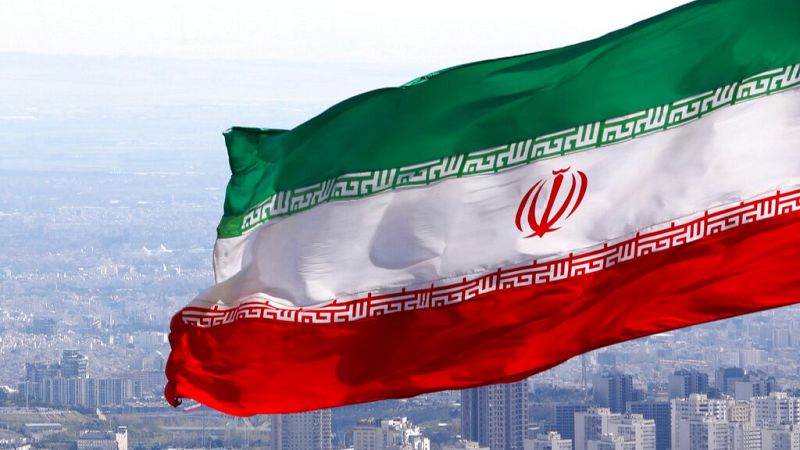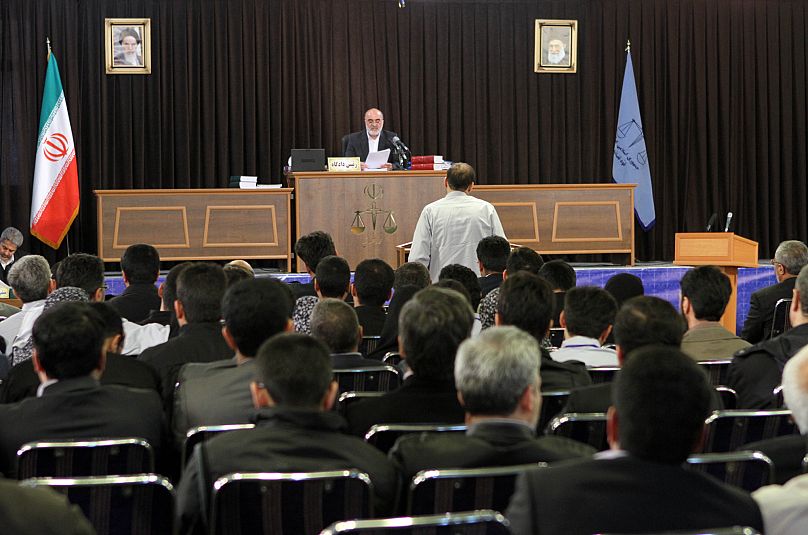Iran sentences two French citizens to a combined 63 years in prison for spying

An Iranian court sentenced two French citizens to a combined 63 years in prison on spying and national security charges, the country's judiciary said on Tuesday.
The semi-official Fars news agency identified the pair as Cecile Kohler and Jacques Paris.
They have been held in Iran since 2022 on charges France has denounced as "unjustified and unfounded".
French President Emmanuel Macron and Foreign Minister Jean-Noël Barrot have repeatedly called for the pair's release.
Their possible jail sentences, which can be appealed to Iran's Supreme Court within 20 days, come as Tehran pressures French authorities to release an Iranian national.
Iran's Revolutionary Court in Tehran, which holds closed-door hearings that often see defendants unable to access the evidence allegedly gathered against them, issued the preliminary verdict, according to the judiciary's Mizan news agency.
The court accused the two of working for French intelligence and cooperating with Israel.
Kohler and Paris were arrested after meeting with protesting Iranian teachers and taking part in an anti-government rally, Iranian media reported at the time.
France identified the two as a teachers' union official and her partner on vacation in Iran. Concerns for their safety grew after the 12-day Iran-Israel conflict in June that saw Israel bomb a notorious prison in Tehran.
In September, Iran's Foreign Minister Abbas Araghchi said his country was close to making a prisoner swap deal with France.
Mahdieh Esfandiari, a translator living in the French city of Lyon since 2018, was arrested in February on a terror-related charge for alleged posts on Telegram about the Hamas attacks on Israel on 7 Oct 2023 that triggered the war in Gaza, French media reported.
Last week, Iran released a teenage French-German cyclist who went missing in June while in the country, Paris said. Iran has not acknowledged Lennart Monterlos' release.
Tehran is known for holding dual nationals and Westerners and using them as bargaining chips in diplomatic negotiations.
Today


